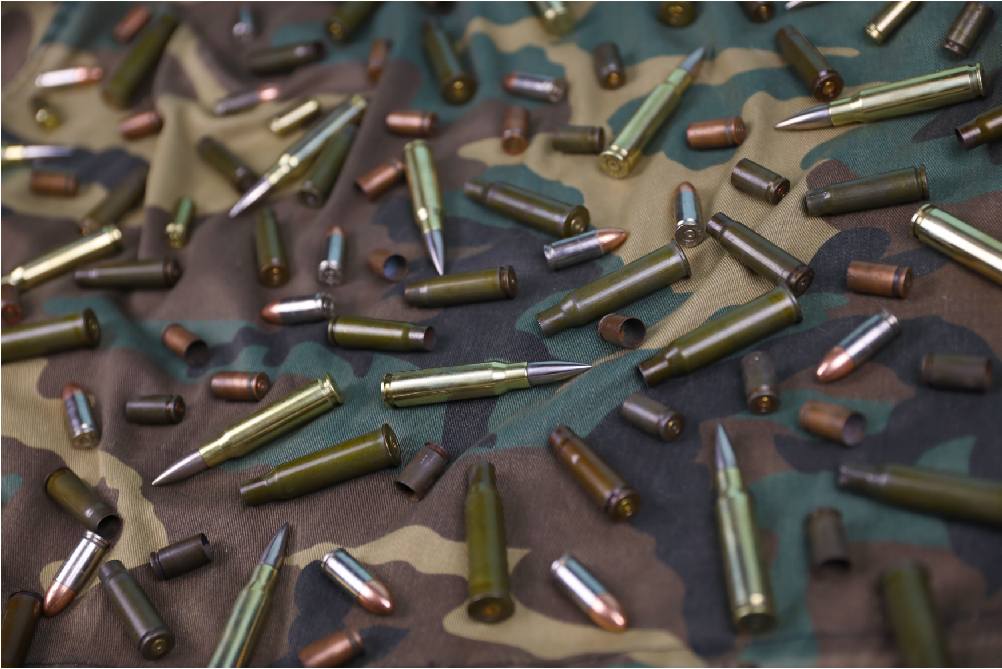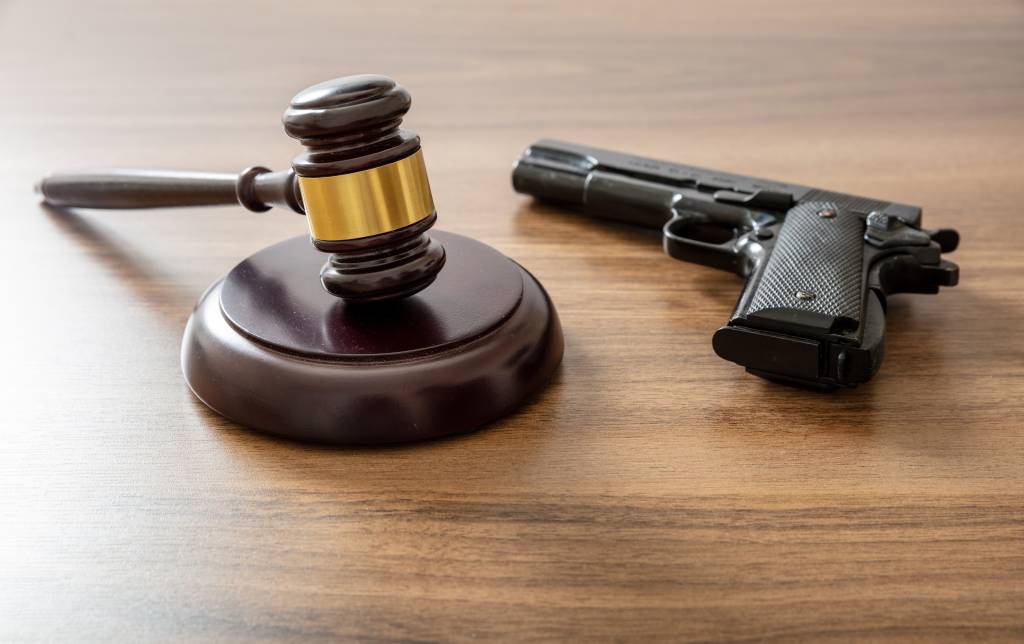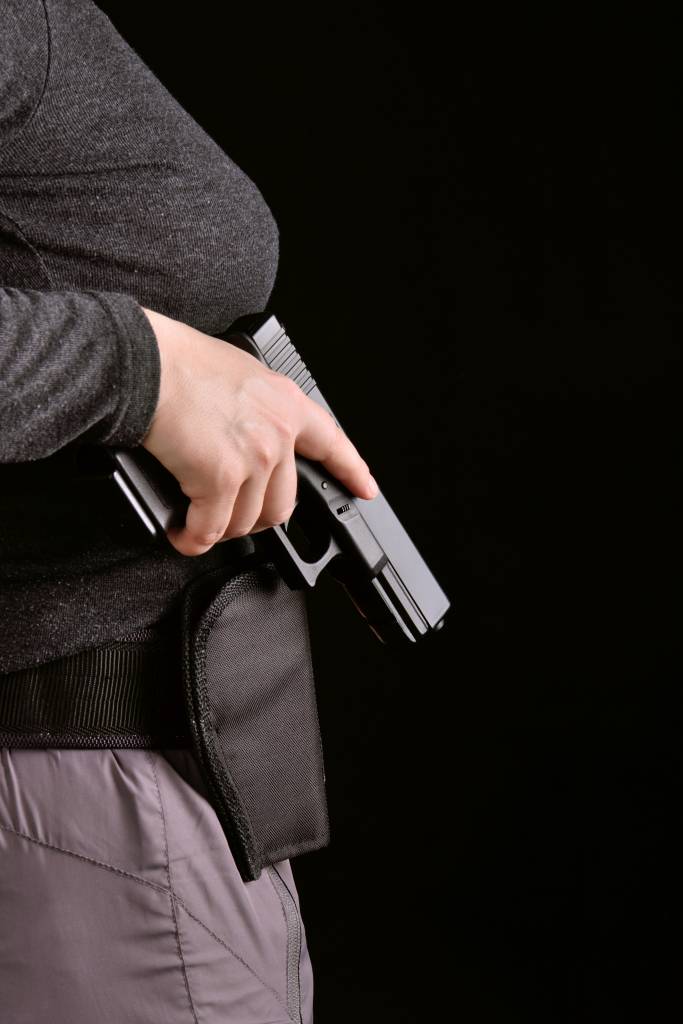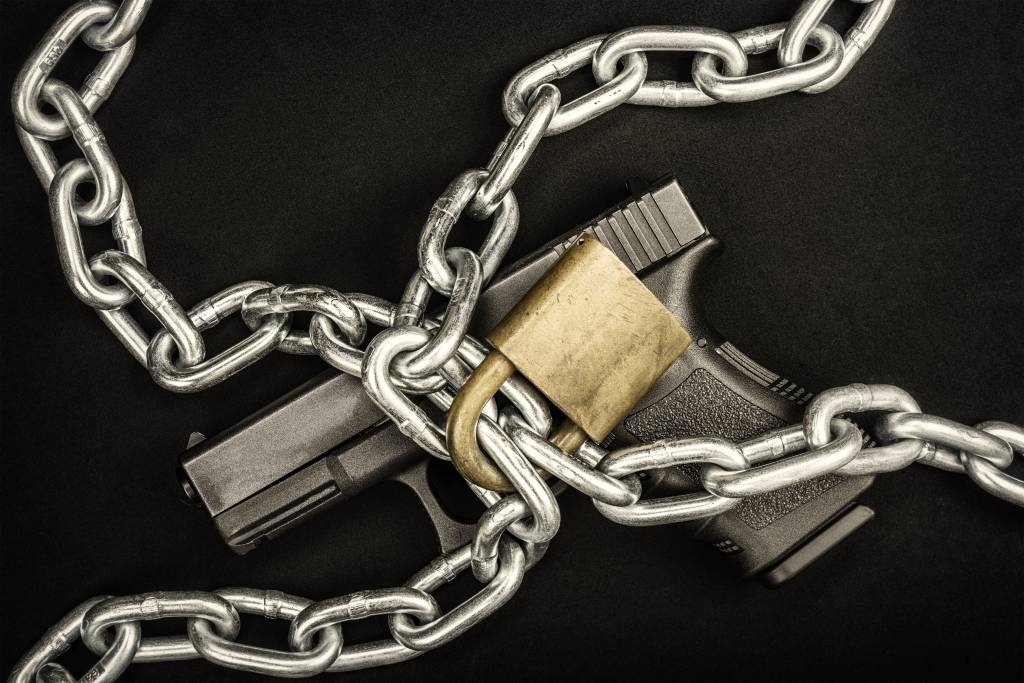Weighing the Pros and Cons: Carrying a Gun for Self-Protection
The decision to carry a gun for self-protection is a complex and personal choice that individuals may consider in today’s world. While some argue that carrying a firearm enhances personal safety, others question its effectiveness and potential risks. In this article, we will examine the pros and cons of carrying a gun for self-protection, shedding light on various aspects of this contentious issue.
Pros of Carrying a Gun for Self-Protection
- Personal Safety and Deterrence:
- Immediate Response: Carrying a gun provides individuals with the means to respond to immediate threats, potentially increasing their chances of self-defense in life-threatening situations.
- Deterrence: The presence of a firearm may deter potential attackers, as they are more likely to reconsider their actions when faced with the possibility of armed resistance.
- Empowerment and Peace of Mind:
- Self-Reliance: Carrying a firearm can offer individuals a sense of self-reliance and empowerment, enabling them to take responsibility for their own safety.
- Psychological Benefits: Knowing that one has the means to defend themselves may provide a sense of security and peace of mind in potentially dangerous situations.
- Equalizing Factors:
- Physical Vulnerability: Firearms can help level the playing field for individuals who may be physically disadvantaged, providing them with a means of self-defense against stronger or multiple attackers.
Cons of Carrying a Gun for Self-Protection
- Risk of Accidents and Mishandling:
- Negligent Use: Carrying a gun increases the risk of accidents, especially if individuals are not adequately trained or fail to follow proper safety protocols.
- Emotional State: Carrying a firearm can amplify the potential consequences of emotional or impulsive reactions, leading to regrettable decisions in heated situations.
- Legal and Moral Considerations:
- Legal Consequences: The use of a firearm in self-defense can lead to legal complications, including investigations, potential criminal charges, and civil lawsuits, depending on the jurisdiction and circumstances.
- Moral and Ethical Dilemmas: Deciding to use lethal force is a weighty moral decision that can have long-lasting psychological and emotional consequences.
- Increased Risk of Violence:
- Escalation and Misjudgment: The presence of a gun may escalate confrontations, potentially transforming non-lethal situations into deadly encounters due to misjudgments, fear, or heightened tension.
- Theft and Misuse: Carrying a firearm increases the risk of theft or unauthorized access, potentially leading to the weapon falling into the wrong hands or being used for criminal purposes.
Carrying a gun for self-protection is a decision that demands careful consideration, weighing the pros and cons against personal circumstances, individual temperament, and legal requirements. While the ability to defend oneself can provide a sense of security and empowerment, it also introduces potential risks, such as accidents, legal complications, and increased potential for violence. It is crucial to emphasize responsible firearm ownership, including proper training, adherence to safety protocols, and an understanding of legal and moral responsibilities. Ultimately, the decision to carry a gun for self-protection should be based on a comprehensive assessment of the potential benefits and drawbacks, taking into account one’s personal values, local laws, and individual capacity to handle the responsibilities that come with carrying a firearm.





